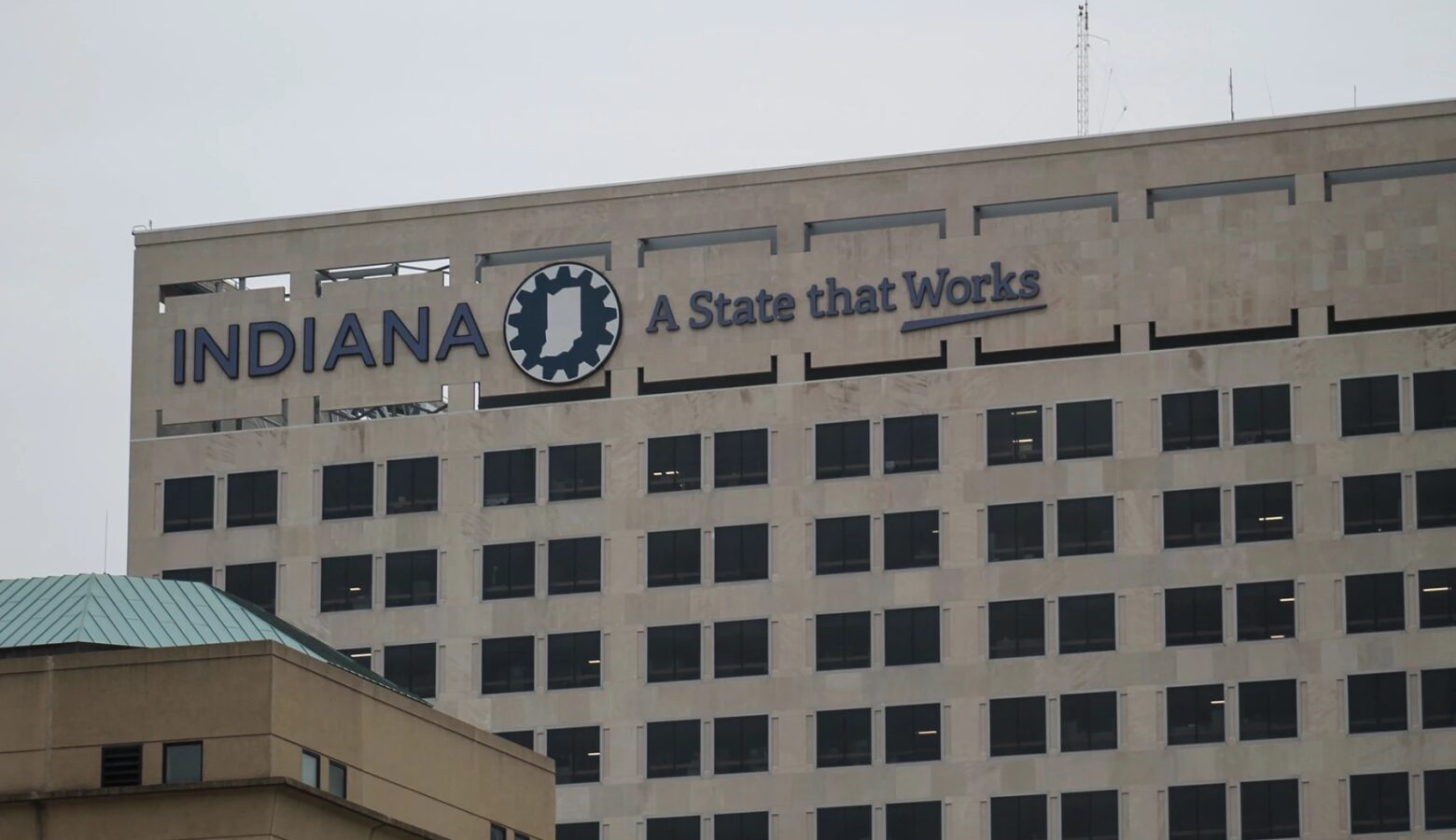Unemployment increases slightly in July as total employed Hoosiers reach 10-year high

Indiana’s July unemployment total saw the largest monthly increase since a massive unemployment spike at the pandemic’s start in March 2020, according to preliminary federal estimates released Friday.
The estimates, released by the Bureau of Labor Statistics each month, show nearly 8,000 people were added to the state’s unemployment total in July. Yet unemployment remains low at 2.4 percent as employment continues to climb.
An unemployment increase is not inherently a bad thing, said Rachel Blakeman, director of the Purdue University Fort Wayne Community Research Institute, and could actually “show faith in the labor market.”
“To be considered unemployed, you have to be not working, but actively looking for work,” Blakeman said. “So it may actually be a sign that people who were thinking about working are now actually, actively looking for employment. Sending out applications, doing interviews, things like that.”
The state’s 63.3 percent labor force participation rate – the percent of people employed combined with those actively seeking work – is still just below pre-pandemic levels, despite the 3.3 million people employed in July. The percentage is slightly above the national average.
Of the 1.9 million working-age Hoosiers out of the labor force in July, Indiana’s Department of Workforce Development estimates around 90,400 might be ready to start looking for work again.
While some people leave the workforce by choice, Blakeman said, others are pushed out because of issues outside of their control, like a lack of child care. But most people can be brought back under the right circumstances.
“It gives workers some negotiating power in being able to find work and then makes employers think about what they are offering to keep their workers,” she said. “What is it that they’re doing to ensure that the person doesn’t walk across the street and go and work in a different factory?”
Pay offerings and benefits are obvious examples of things employers can do to draw in workers, Blakeman added, but they also need to consider the larger work situation. They could, for example, try to offer more flexible, shorter shifts to parents to help them work around their kids’ schedules.
Employment numbers also vary within the state’s localities and industries. Manufacturing, trade, transportation and utilities had significant year-over-year employment increases in July.
Education and health services, on the other hand, have been struggling, actually experiencing year-over-year decreases in total employment in recent months. That’s true in the state as a whole as well as in the South Bend-Mishawaka metro area, but not in the Fort Wayne metro. There, total health and education employment actually increased about 4 percent this July compared to last.
Most Indiana counties have unemployment rates under 5 percent. Overall, Blakeman said, at the national, state and local level, it’s all “good news.”
“But we don’t know what’s ahead,” Blakeman said. “We don’t want to be thinking about this saying, hey, the job market is holding it together. So clearly, we can’t be in a recession. No, we could be. Often the challenge is, we don’t really know we’re in a recession until we’re either into it or, actually, we’re almost out of it.”
Each month’s federal employment state data is released publicly a month after, meaning August’s data won’t be available until September. And each release provides a preliminary number that is finalized in the next.
Contact reporter Adam at arayes@wvpe.org or follow him on Twitter at @arayesIPB.

